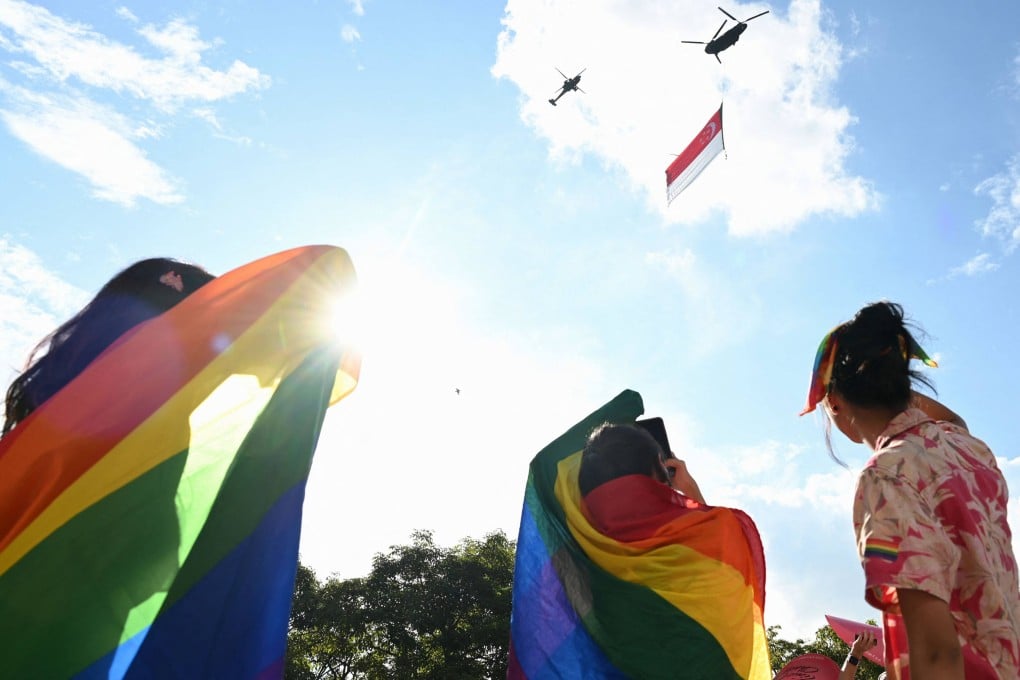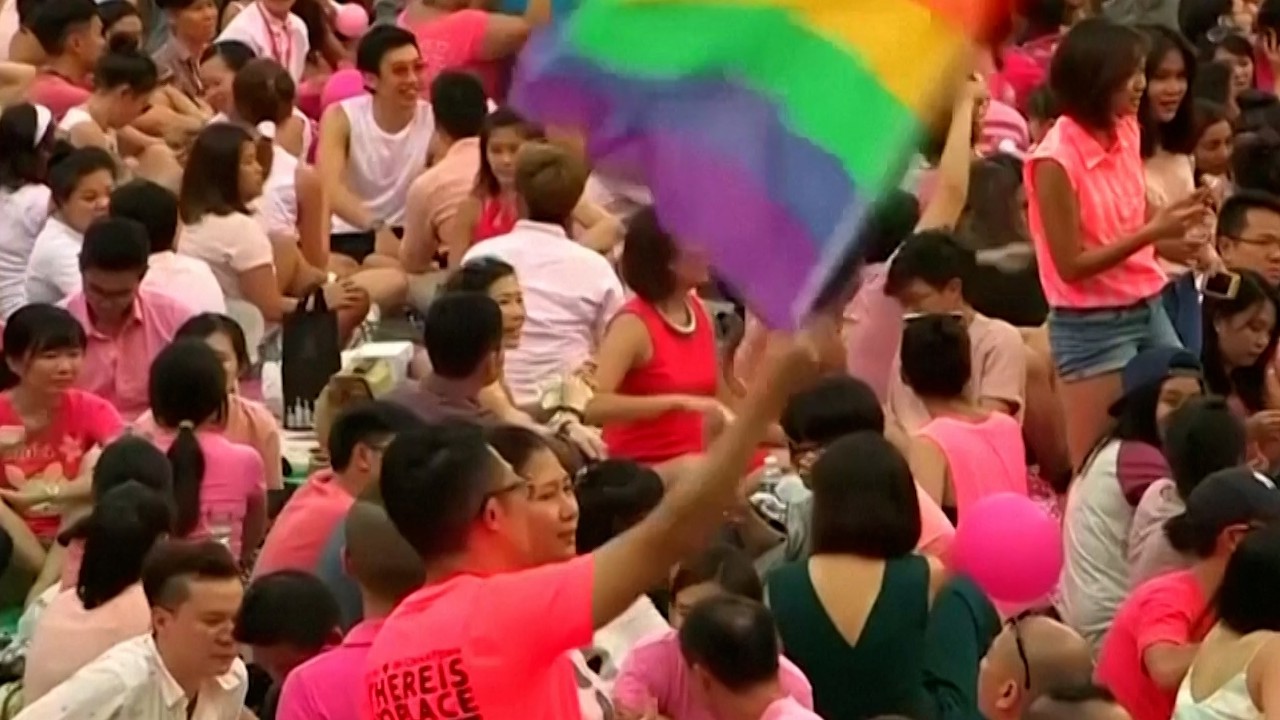Opinion | Singapore’s decision to end ban on gay sex under Section 377A is not something to celebrate
- The Singapore government’s notion that gay men aspire to respect and acceptance entrenches discrimination and marginalisation of LGBTQ people in society
- The fundamental question Singaporeans must ask is what kind of society they want in relation to not just sexual minority rights but all aspects of governance

Not even in Hong Kong after the enactment of the national security law was I told I couldn’t wear this or that colour. I wore full yellow at a Hong Kong police station in October 2019 in reporting a crime.
Nevertheless, talk of normalcy had me ponder the value of rights and freedoms among Hong Kong émigrés. LGBTQ people everywhere are accustomed to being called not normal, abnormal or less than human. That they need to stay quiet and invisible is why the closet is an enduring feature of society.
Solidarity is meaningful only when it happens before the event, not after. Even a non-Singaporean such as me published peer-reviewed work on why and how sexual minority rights should be recognised as “shared values” of Singapore as early as 2009 when I was a doctoral candidate at the National University of Singapore. At the time, LGBTQ rights were considered at best a peripheral area and at worst “self-outing” in academia. In Singapore, they still are.

